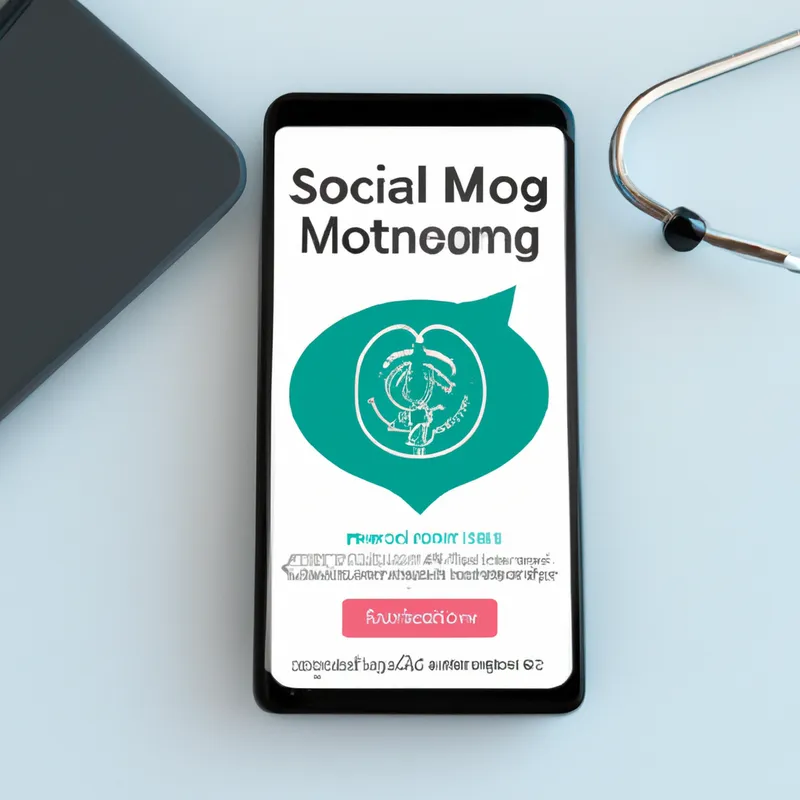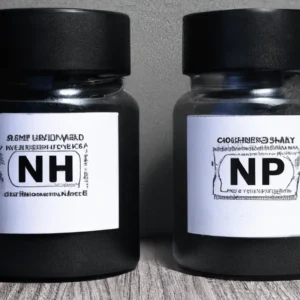Evaluate Group Dynamics for Better Outcomes
The Process of Debriefing After Group Activities
Debriefing follows group activities and helps participants reflect on their experiences. This step solidifies learning and improves future performances. In this post, we will explore effective debriefing techniques, discuss its benefits, and offer practical tips for facilitators and participants.
Understanding Debriefing
Debriefing involves a structured conversation after an activity or event. It allows participants to voice their thoughts and feelings. Group members can share insights, identify challenges, and celebrate successes. This process deepens understanding of group dynamics and individual contributions, enhancing personal and team growth.
In educational settings, debriefing connects theory to practice, helping students apply their knowledge. In corporate environments, debriefing improves collaboration and communication, enabling teams to navigate challenges effectively. Regardless of the setting, debriefing serves as a powerful learning tool that drives performance and development.
The Importance of Debriefing
Debriefing plays a vital role in the learning process. Here are some reasons why it matters:
1. **Enhances Learning Retention**: Reflection aids knowledge retention. Participants who review their experiences remember key concepts better.
2. **Fosters Team Cohesion**: Open discussions build trust among team members. Sharing thoughts helps participants feel a sense of belonging.
3. **Encourages Continuous Improvement**: Debriefing identifies strengths and weaknesses. This insight leads to necessary adjustments for future activities.
4. **Promotes Self-Awareness**: Participants gain insights into their behaviors and decision-making processes. This self-awareness fosters personal growth and effective teamwork.
Tips for Effective Debriefing
To conduct a successful debriefing session, consider these tips:
1. Create a Safe Environment
Establish a safe atmosphere for participants to express their thoughts. Encourage sharing without judgment. Use phrases like “Everyone’s opinion matters” to foster openness and promote honest discussions.
2. Ask Open-Ended Questions
Use open-ended questions to guide the conversation. Ask, “What did you learn?” or “What challenges did you face?” These inquiries stimulate deeper reflection and valuable insights.
3. Summarize Key Points
After the discussion, summarize the key insights shared by participants.
Conclusion
A brief summary of the insights shared concludes the debriefing session.
Below are related products based on this post:
FAQ
What is the purpose of debriefing after group activities?
Debriefing serves to help participants reflect on their experiences, solidifying learning and improving future performances. It allows for sharing insights, identifying challenges, and celebrating successes, ultimately enhancing personal and team growth.
How does debriefing benefit team dynamics?
Debriefing fosters team cohesion by building trust among members through open discussions. It encourages participants to share their thoughts, which helps create a sense of belonging and improves collaboration and communication within the team.
What are some effective techniques for conducting a debriefing session?
To conduct an effective debriefing session, create a safe environment for open expression, ask open-ended questions to stimulate deeper reflection, and summarize the key points shared during the discussion to reinforce learning insights.















Post Comment